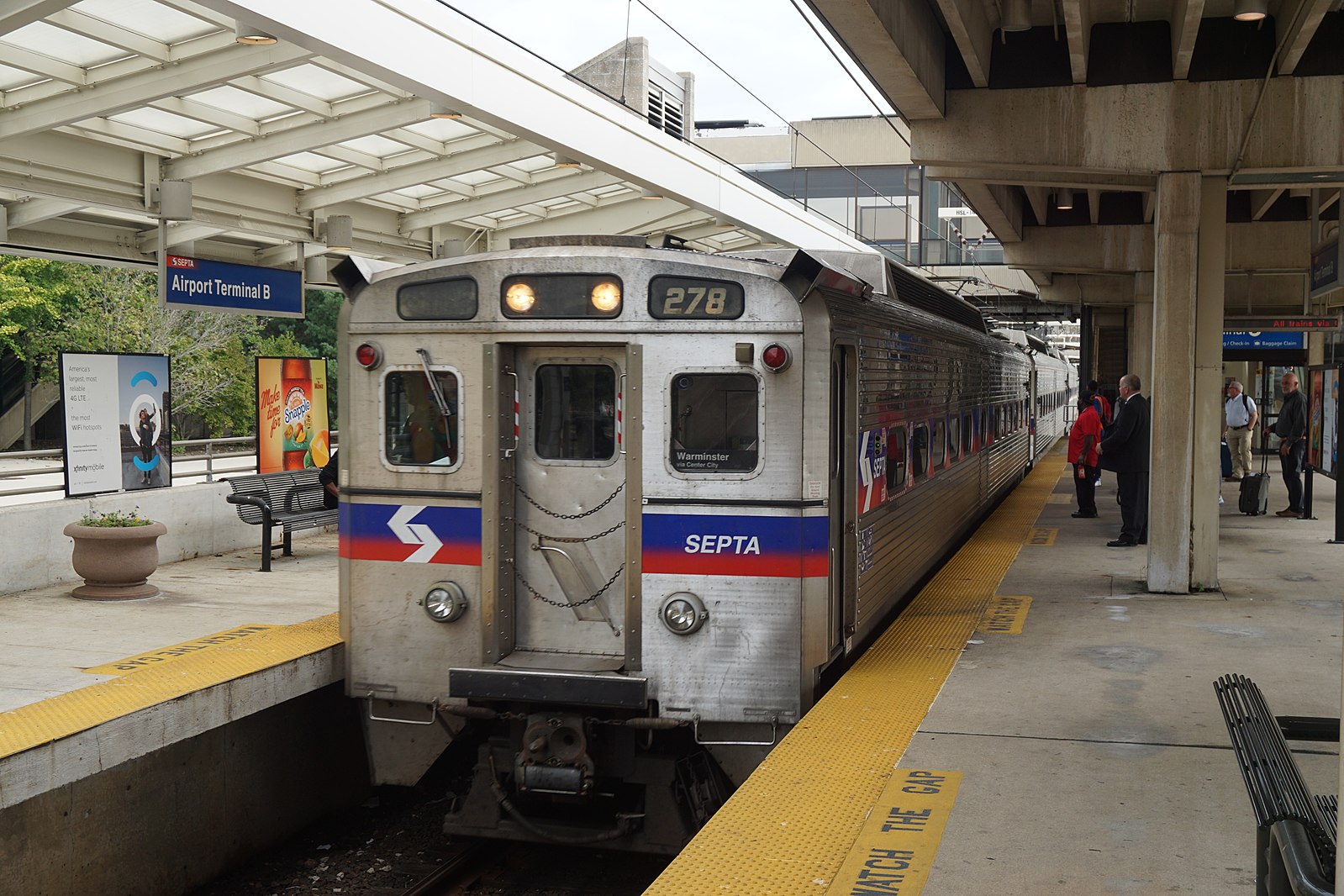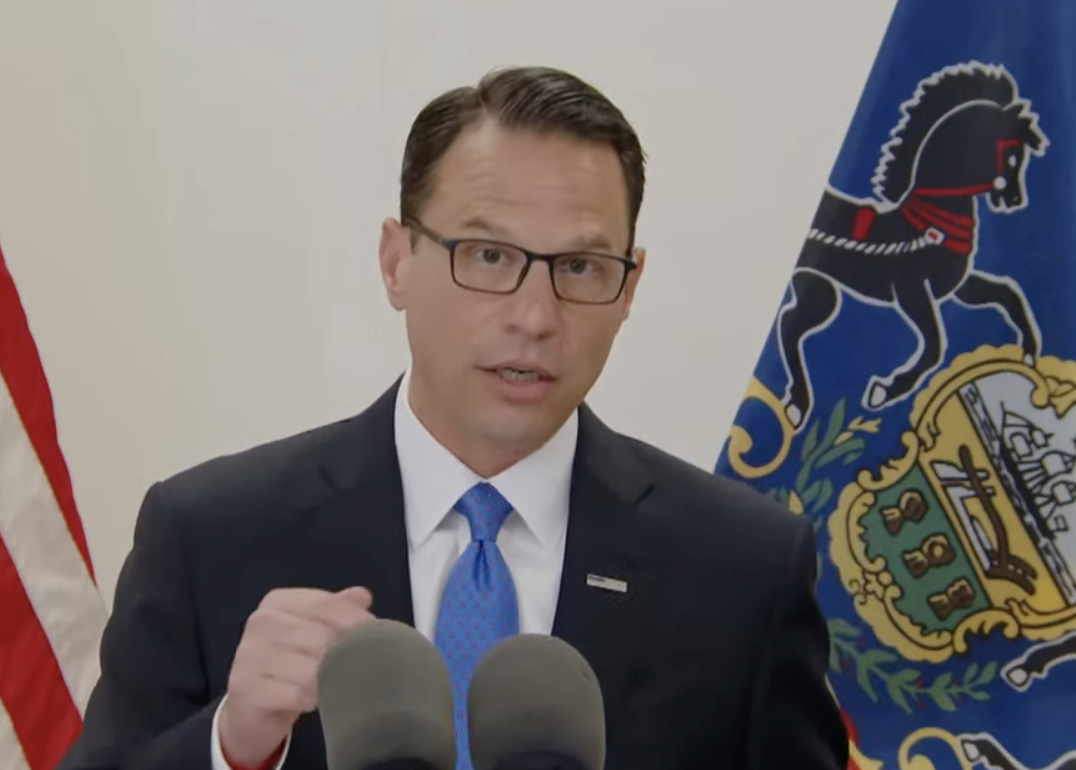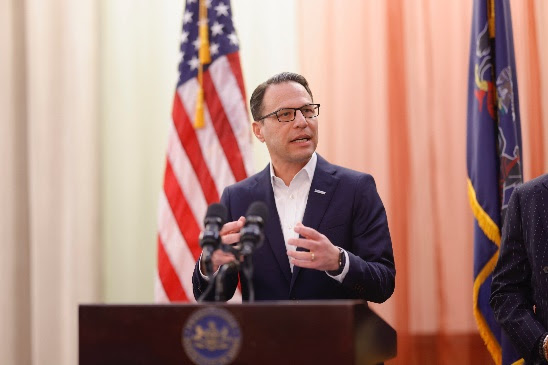One of the sticking points delaying the passage of the 2025 Pennsylvania budget is the allocation of more funding for the Southeastern Pennsylvania Transportation Authority (SEPTA). If more money—Gov. Josh Shapiro, who penciled in $161 million in his budget proposal — is not allocated, SEPTA officials are prepared to implement drastic cuts in services. But […]
Tag: state budget
Posted inPolitics










